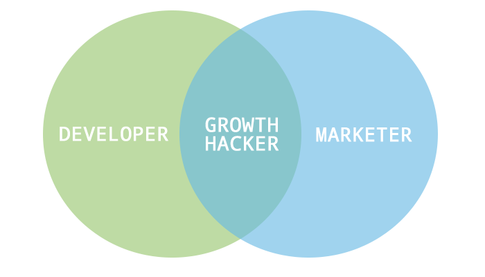If you’ve been following us on Twitter, you may have heard we’re working with Books About Town, a collaboration between the National Literacy Trust and Wild In Art to encourage reading for enjoyment. Based in London, the Books About Town plans include a series of sponsored BookBenches, designed by top artists and celebrating stories linked to the capital. The benches, shaped to resemble open books, will start popping up around London this July.Continue reading
SEO-based approaches are marketing snake oil
Beware SEO based approaches promising the earth.
There seems to be a ground swell emerging that SEO based approaches are a panacea for marketing in general. Pushing the customer to one side in favour of a chase for rankings.
 Despite warnings about the dangers of guest blogging with links, many companies are still interested in using this form of content marketing to boost SEO. It does make sense. It’s always been difficult to measure ROI on marketing. Just because a certain amount of people see a billboard or an advert doesn’t guarantee you’ll see a boost in sales.
Despite warnings about the dangers of guest blogging with links, many companies are still interested in using this form of content marketing to boost SEO. It does make sense. It’s always been difficult to measure ROI on marketing. Just because a certain amount of people see a billboard or an advert doesn’t guarantee you’ll see a boost in sales.
SEO provides a result. It’s easier to measure in terms of a number, a position on a Google search or an improvement in a keyword. But the reality is that using only SEO as a measure of ROI is the equivalent of marketing snake oil.
It’s great if you’re on the top ten Google results for a certain search term. That does put you in the face of a lot of customers who wouldn’t otherwise know about you. But it’s not everything. It’s not building an audience. It’s not building a brand. What we encourage our clients to understand is that they don’t just need to focus on boosting their ranks in search engines, but building an audience behind their brand.
Three marketing lessons from Google’s Pokémon Challenge
Yesterday, April Fool’s Day, Google released a YouTube video announcing a competition to find Pokémon. Each person who sought out a hidden Pokémon in a real world location could become a Pokémon Master. Even though the augmented reality was part of the prank, you can participate in the Google Pokemon Challenge on Google Maps in real world locations until this evening.
There’s a lot of reasons this prank works in Google’s favour, but here are the three major content marketing lessons to take away from the search giant’s Pokémon Challenge:
Measuring social media engagement
Measuring social media engagement, it’s important to get it right.
Measuring social media is a constant area of debate for most brands. Often social is seen as a must have with little understanding as to the real benefits. This post discusses social measurement and why applying conversion metrics isn’t always the right way to show the real benefits.
Last week, our CEO Ben Dickens wrote about engagement via web traffic, highlighting some of the basic principles of how to analyse user visits on websites. However, while most businesses grasp the importance of measuring on-site interaction and engagement, when it comes to social media, much is forgotten.
For example, it’s good practice to filter out your office IP address from your Google Analytics account. Visits to your website from employees or computers in the office aren’t the kind of visits you’re trying to measure. At DVO, we have to filter out our office and some of our regular freelancers to ensure our traffic numbers reflect our actual audience.
But this is a principle that frequently goes out of the window in social, especially among the many companies who consider likes, retweets and shares from employees to represent bona fide engagement with the brand.
Promotion and using influencers to build your audience; the ASA speaks
A key aspect of the work we do at DVO is driving awareness of our clients’ content and brands. After all, we can publish the best content in the world on their websites and promote it on their social but that’s often seen by just a small section of the potential audience.
That’s where our digital communication and promotion arm comes into play. DVO’s team-within-a-team is dedicated to helping our stories reach as wide an audience as possible, so we can engage more people and bring them to our clients’ owned media. Think of them as a mad hybrid of media buyer, planner, PR person and promotional expert working on the myriad digital platforms that exist.
But that’s all marketing speak.
Five questions that say yes to content marketing
Why you should be saying yes to content marketing and dropping some of the old practices, they could get you in trouble.
I’ve been taking a good look at Eric Enge’s pieces on Search Engine Watch recently. They make it absolutely clear why content marketing is such a compelling proposition for brands and why older link building practices have become a genuine liability.
Matt Cutts, Google’s head of webspam and the public face of its search quality team – the SEO police if you like – said this recently when asked by Enge what the best link building strategy was:
“Make a fantastic website that people love and tell their friends about and link to and want to experience. As a result, your website starts to become stronger and stronger in the rankings.”
The same is true of all your online content.
The rise of the growth hacker
The rise of the growth hacker. Another digital term to describe a practice we’re all doing as marketers anyway or something new?
The term growth hacker is something we’re hearing a lot these days, is it just another buzzword or something more? In a previous post I referred to a survey that highlighted a skills gap in digital marketing. And while it was commissioned by a recruitment company (presumably in the hope of generating business) it also raised a big question that many brands encounter, certainly the ones we speak to: how do we structure our marketing departments and what skillsets do we need?
Today there are so many platforms, marketing automation tools and strategies – not to mention traditional media and PR – the list is getting longer and longer. Continue reading
Google doesn’t buy holidays

DVO has operated in and around the world of SEO for a number of years. It’s always been an important element of driving awareness and conversion and, as long as organic traffic via Google represents a large portion of site traffic, it probably always will be.Continue reading
Creative content for conversionists
DVO is an interesting business. We’ve straddled the gap between brand and conversion since we started even though our clients seem to fall into one of two camps; either very brand focused or very conversion focused. DVO, however, is something of a metaphorical bridge between the two. It’s vital that they work together for content marketing to be effective.
This post is the first of two looking at both sides of this coin and, hopefully, offering up some insights too. Initially I want to look at the nuts and bolts needed to deliver great creative.
Continue reading
What is content marketing anyway?
So what is content marketing anyway? Something we hear on a regular basis because as an industry we’ve done little to simplify and educate time and resource poor clients who want to do it but don’t want to have to unpick the 25 different versions.

As a full service digital agency a question we’re constantly asked is “So, what is content marketing anyway?” Agencies are now entering a space that confuses brands because of the ubiquitous nature of the name. Content marketing is essentially about how consumers behave, particularly online, but the majority of content marketers are sticking to their historical approach.
What does content marketing mean to us? Content marketing is a hybrid of disciplines, optimised to deliver the best results for a client depending on their priorities. Brand awareness and conversions are the foremost measure of success. We create strategic, brand-centric, buyer-focused, search optimized, technically sound, creative, and results-driven content. A lot goes into one simple term.


